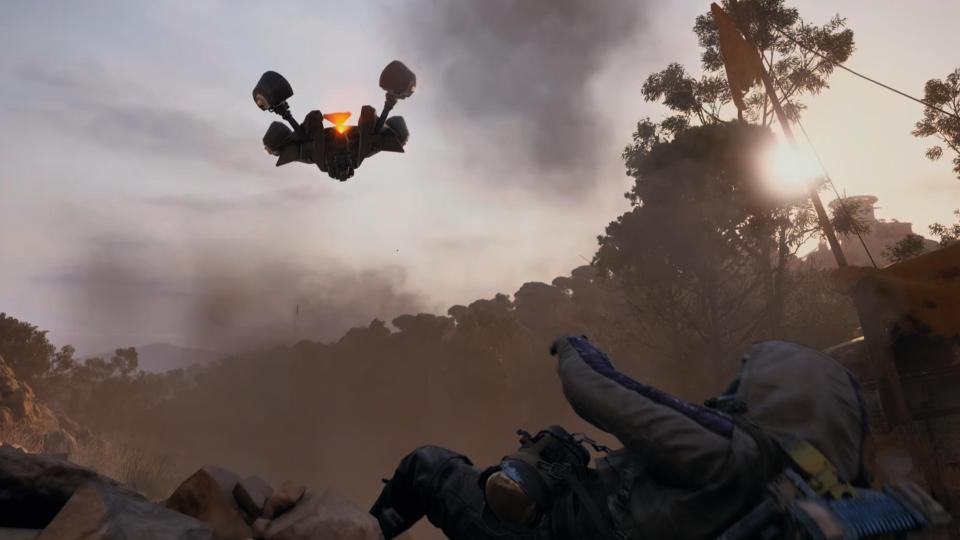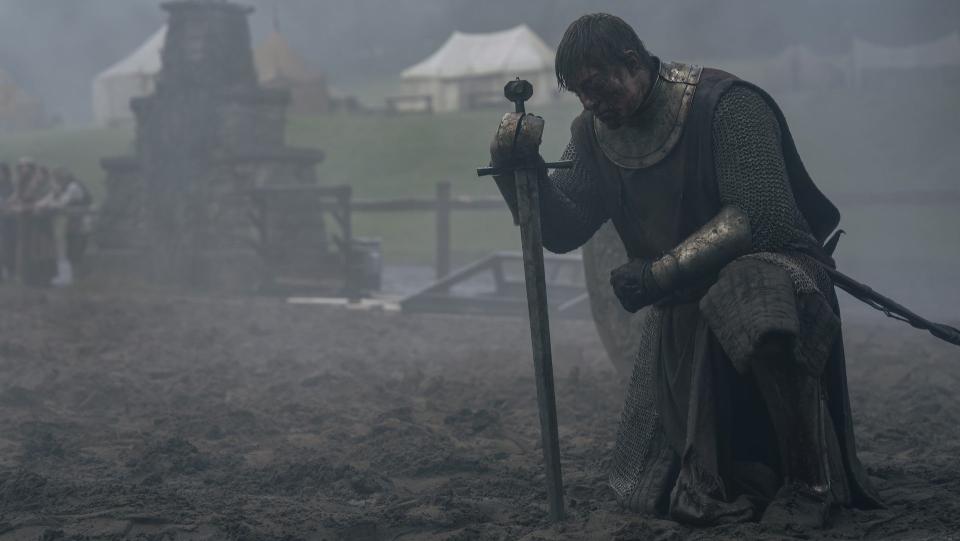Blizzard Entertainment's highly-anticipated survival game, Odyssey, has been cancelled after being in development for over six years, despite promising playtests and the ambition to become a new cornerstone franchise alongside acclaimed titles such as World of Warcraft and Overwatch. The game aimed to support up to 100 players on vast maps and was initially prototyped using Unreal Engine. However, Blizzard decided to switch to their in-house engine, Synapse, conceived for mobile platforms, which ultimately led to development issues and the game's cancellation. The switch from Unreal to Synapse resulted in technical setbacks that hindered the game's progression and usability, contributing to the decision to cease development. This comes as a significant cutback amidst Microsoft's recent layoffs impacting several game studios and the broader video games division.
Why was Blizzard Entertainment's survival game Odyssey cancelled?
nOdyssey was cancelled due to technical challenges and engine limitations. Despite initial development with Unreal Engine, Blizzard switched to an in-house engine called Synapse, which was unable to meet the demands of the game's development, resulting in the project's cancellation.
Odyssey was a project that held great potential within Blizzard Entertainment, aiming to expand the studio's franchise portfolio. Started by World of Warcraft veteran Craig Amai, Odyssey represented a fresh direction for Blizzard, indicating their interest in exploring the survival genre. Blizzard is known for their expertise in creating expansive, engaging worlds and this foray into survival gaming was highly anticipated by fans. The game's development struggles and eventual cancellation reveal the complexities of game development, particularly when it comes to implementing technology that aligns with the creative vision of a project.









Comments
No comments yet. Be the first to comment!